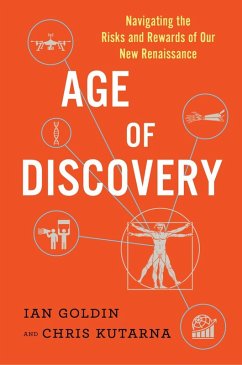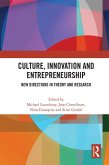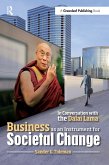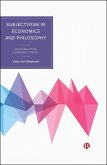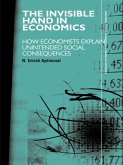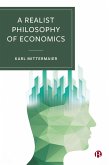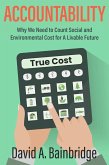The present is a contest between the bright and dark sides of discovery. To avoid being torn apart by its stresses, we need to recognize the fact-and gain courage and wisdom from the past. Age of Discovery shows how.
Now is the best moment in history to be alive, but we have never felt more anxious or divided. Human health, aggregate wealth and education are flourishing. Scientific discovery is racing forward. But the same global flows of trade, capital, people and ideas that make gains possible for some people deliver big losses to others-and make us all more vulnerable to one another.
Business and science are working giant revolutions upon our societies, but our politics and institutions evolve at a much slower pace. That's why, in a moment when everyone ought to be celebrating giant global gains, many of us are righteously angry at being left out and stressed about where we're headed.
To make sense of present shocks, we need to step back and recognize: we've been here before. The first Renaissance, the time of Columbus, Copernicus, Gutenberg and others, likewise redrew all maps of the world, democratized communication and sparked a flourishing of creative achievement. But their world also grappled with the same dark side of rapid change: social division, political extremism, insecurity, pandemics and other unintended consequences of discovery.
Now is the second Renaissance. We can still flourish-if we learn from the first.
Now is the best moment in history to be alive, but we have never felt more anxious or divided. Human health, aggregate wealth and education are flourishing. Scientific discovery is racing forward. But the same global flows of trade, capital, people and ideas that make gains possible for some people deliver big losses to others-and make us all more vulnerable to one another.
Business and science are working giant revolutions upon our societies, but our politics and institutions evolve at a much slower pace. That's why, in a moment when everyone ought to be celebrating giant global gains, many of us are righteously angry at being left out and stressed about where we're headed.
To make sense of present shocks, we need to step back and recognize: we've been here before. The first Renaissance, the time of Columbus, Copernicus, Gutenberg and others, likewise redrew all maps of the world, democratized communication and sparked a flourishing of creative achievement. But their world also grappled with the same dark side of rapid change: social division, political extremism, insecurity, pandemics and other unintended consequences of discovery.
Now is the second Renaissance. We can still flourish-if we learn from the first.
Dieser Download kann aus rechtlichen Gründen nur mit Rechnungsadresse in D ausgeliefert werden.

